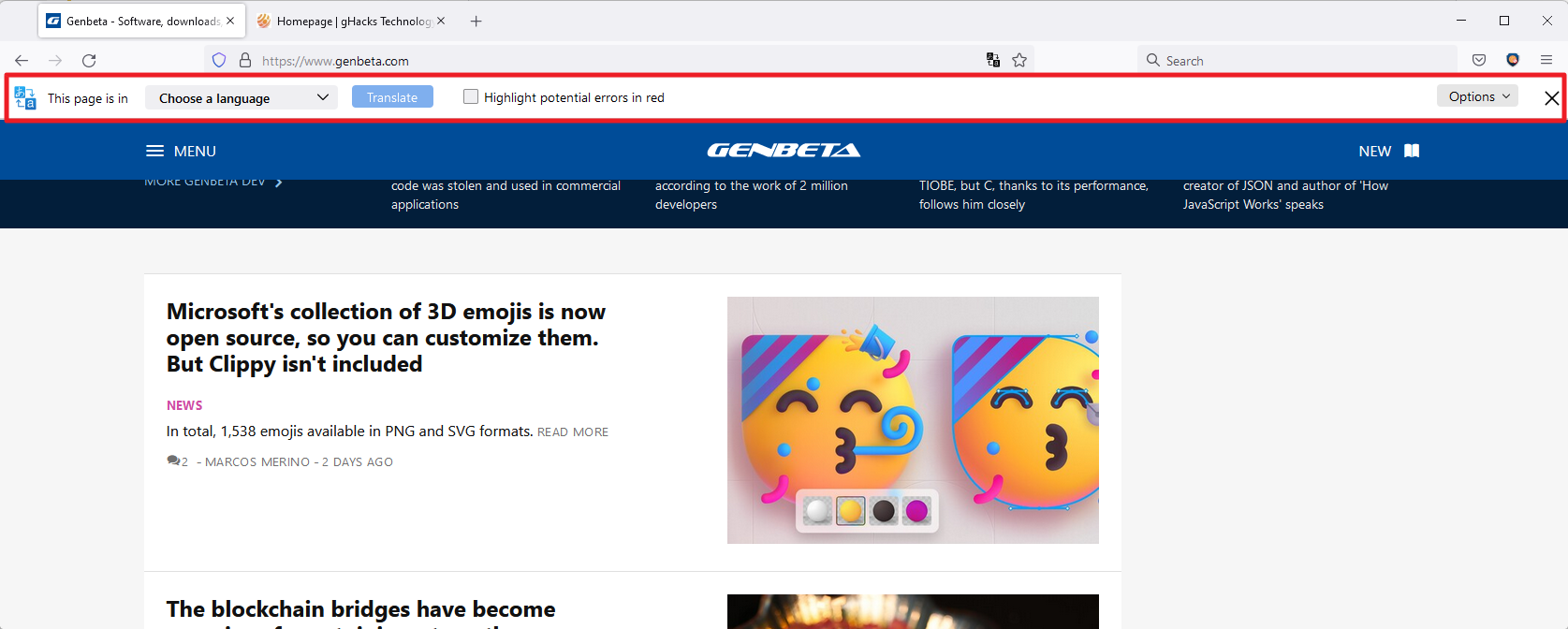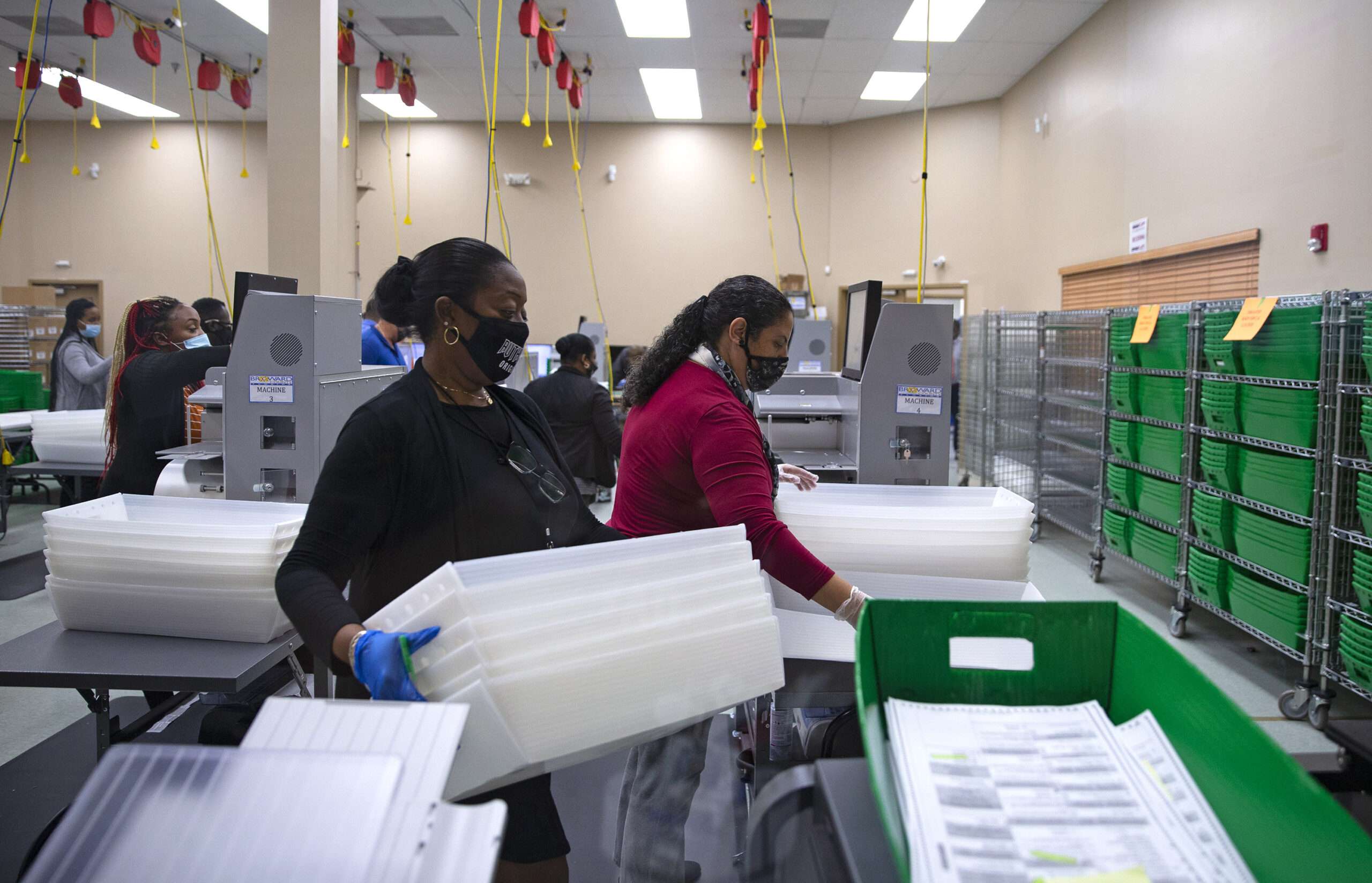Picture this. You are in a foreign country. The police arrest you and realise that you don’t speak the language. So, they organise someone to translate. If you’re lucky, the person they contact is a professional interpreter. If you’re unlucky, the person is a multilingual police officer who happens to speak your language just well enough to scrape through an interview. Either way, you are now having to talk through someone else.
Does this interpreter-mediated interviewing put you at a disadvantage? If so, how much? The answer to this lies at the intersection of criminal psychology and cognitive linguistics, where researchers have realised that interpreters are an overlooked barrier between suspects and their freedom.
One of the most active researchers looking at these issues is Luna Filipović, a professor of language and cognition based at the University of East Anglia. She has been studying the effects of multilingual police interviews for more than a decade.
She writes that having someone to translate can be taken for granted, and that it’s enough to make a police interview fair, but this is incorrect. It ignores how difficult translation is, and the problems that come from the logistics of translating in typically high-pressure, highly emotional legal settings.
An interpreter might not speak both languages equally well, so important words or descriptions can get mistranslated. Some words don’t have equivalents, and turns of phrase translated literally can become nonsensical or misleading. Then there’s the issue that if everything is translated without emotion, words lose context… but acting things out theatrically can equally distort how statements are perceived.
Filipović has found various kinds of errors which can creep in and influence trustworthiness. In an example Filipović lists in her 2007 research, the Spanish word amigo is translated by an interpreter into the familiar friend instead of the unfamiliar guy. When the police officer then asks what the name of this friend was, the suspect says he doesn’t know, to which the officer reacts with suspicion.
This kind of error can lead to a general feeling that a suspect has something to hide, when really all that’s happening is a language barrier that neither side realises is there.
Then there’s the problem of “inadvertent confessions”. An inadvertent confession happens when someone seems to be giving a confession to police, without realising that’s what they are doing. It can also happen when police think they have a confession, or an admission of guilt for part of a crime, when that’s not actually the case. In other words, it’s a statement that incorrectly gets translated into, or understood as, a confession.
In 2021 Filipović published research on UK and US police interviews. She provides an example of a real US case, in which a suspect is accused of murder who only speaks Spanish. The following is a transcription of the interaction, with the translation in brackets added afterwards by another person who speaks Spanish and English.
Police Officer: Okay, and then what did you do with her?
Interpreter: Y que pasó? [And what happened?]
Suspect: . . . se me cayó en las gradas.
Interpreter: . . . I dropped her on the steps.
Police Officer: Where did you drop her?
Interpreter: Donde la botaste? [Where did you throw her?]
Suspect: Aqui. . . [Here. . .]
This doesn’t seem like much, but as Filipović explains, the suspect was using a Spanish sentence that makes it clear that he let the woman fall by accident. Because there isn’t a single word for this in English, the interpreter went for the closest alternative, dropped.
However, in this context it makes it sound like he did it on purpose. Presumably not noticing the swap, the suspect then inadvertently confesses to the much more serious crime of murdering a woman by throwing her down the stairs rather than dropping her by accident. This nuance that was lost in translation could potentially cost him life in prison.
Because of such problems, Filipović has found that those who speak no or little English are more likely to incriminate themselves inadvertently in the US or UK than people whose first language is English.
If you do ever find yourself accused of a crime in a foreign country, try to get a professional interpreter as opposed to multilingual relatives, friends, or police. Regularly double-check that you really understand what the police officer is asking.
And, you could ask for a transcript of the interview to be made available afterwards, which can also help police, lawyers, and judges, see any mistranslations that may have crept in.
Be that slightly annoying person who asks too many questions because the alternative is likely much, much, worse.
Read more about crime:
Adblock test (Why?)










